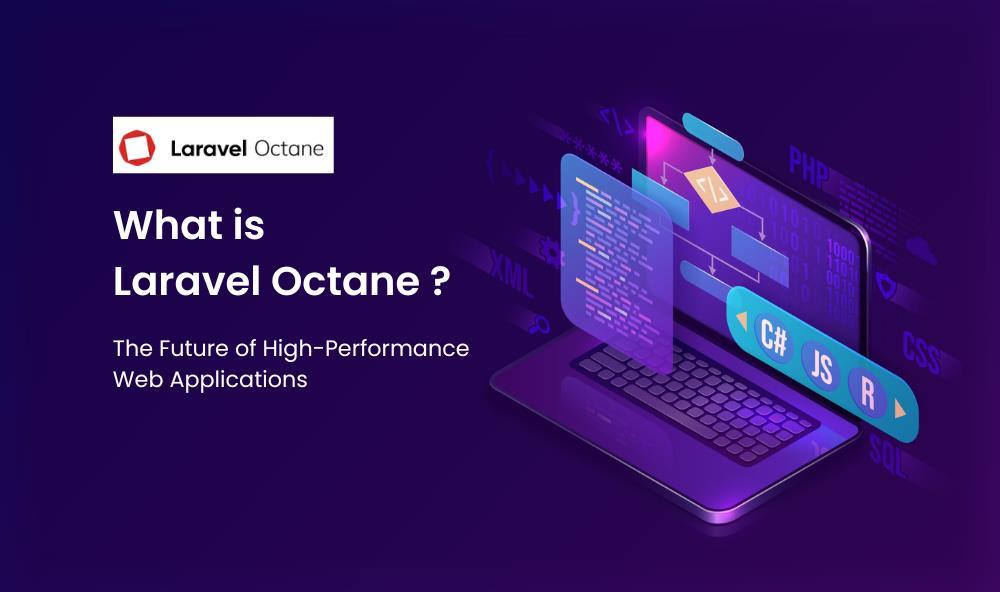
1 minute read
What is Laravel Octane: The Future of High-Performance Web Applications
Laravel is a straightforward and respectable syntax that enables developers to create web applications more quickly. Scalability is the only problem that leads Laravel to drop down on various levels, that’s why it isn't the most popular language among Laravel development companies and developers.
It still appears difficult to use Laravel to create a large-scale application.
Advertisement
This view evolved slightly in favour of Laravel and its community following the launch of Octane.
In this blog article, we discussed Laravel Octane, the latest addition to the Laravel framework, as well as the excitement that Octane's capacity to expand Laravel applications has generated in the industry.
Continue reading to learn more.
What is Laravel Octane?
Laravel Octane is a high-performance, serverless platform for building and running Laravel PHP applications. It aims to provide a simple and efficient way to build and run Laravel applications on the cloud, by leveraging modern technologies and best practices.
Octane provides a streamlined development experience, allowing developers to focus on building their applications and not worrying about infrastructure, scaling, or deployment.
The platform is fully integrated with Laravel, so web app development company can use their existing Laravel skills and knowledge to build applications on Octane.
Modern web technologies are used by Laravel Octane to provide a highperformance and accessible framework for creating web applications. To provide a quicker and more effective approach to create and serve web applications, Octane is constructed on top of Laravel and expands its basic capabilities with new tools like Swoole and Inertia.js.
When to opt for Laravel Octane?
Laravel Octane is a mind-blowing solution from the Laravel team that provides a performance improvement in a variety of ways. But immense power also entails great responsibility.
PHP programmers aren't used to thinking about statefulness and the problems that come with it, such as garbage collection and memory leaks.
Therefore, sticking with the conventional method can be a preferable choice if you are aware that your application does not actually require that much supersonic Laravel Octane performance. And if you do need that performance bump, it's not difficult to replace your standard Laravel project with an Octanepowered beast.
Laravel Octane is the perfect choice for those applications where performance is critical!


